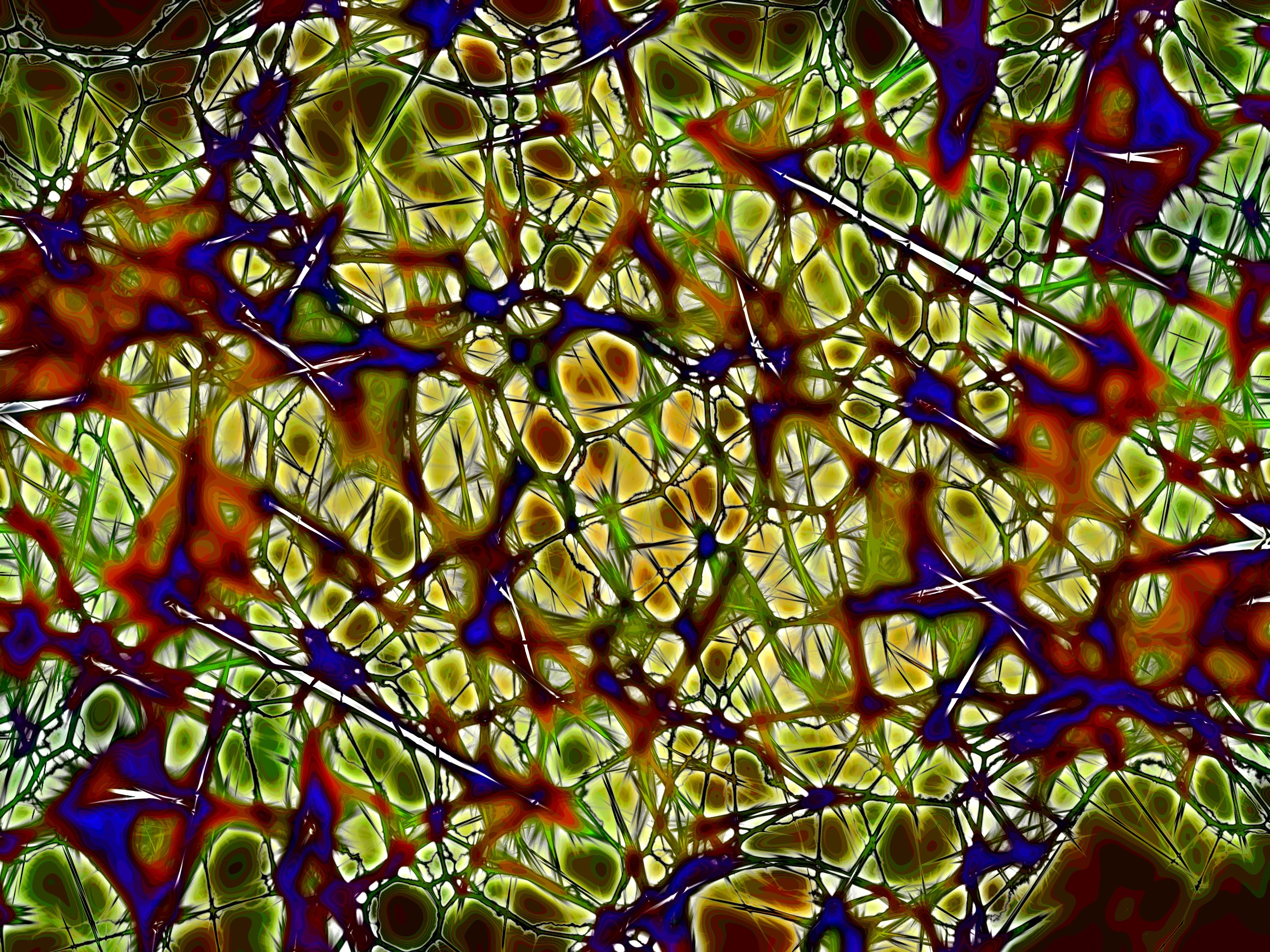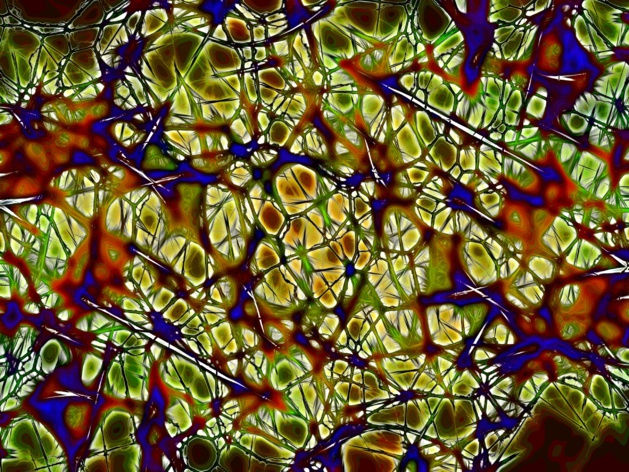A study carried out in Canada reveals that the ability to learn new languages may depend on the strength of connections in the brain. It would be an innate capacity, although it can also be developed, according to scientists.
The various regions of our brain, informs Tendencias 21, communicate with each other, even when we are resting and are not engaged in any task. According to Chai and Denise Klein, researchers from the McGill University (Montreal), the connections vary from person to person. This behaviour has been related to the linguistic capacity that people have to learn other languages.
In order to study this in deep, along with a group of experts at the Montreal Neurological Institute, scientists scanned the brains of 15 adults who were about to begin an intensive 12-week French course.
The results showed the importance of the connections when learning a new language. More specifically, between linguistic abilities and the strength of connections between various areas of the brain and two specific language regions: an area of the brain implicated in verbal fluency, called anterior insula/frontal operculum; and an area active in reading (the visual word form area).
However, say Scientists, this does not mean that success in learning a second language is totally predetermined by these connections of the brain. The brain is very complex and keeps developing throughout our lives, which means that it can be shaped with learning and experience.
The various regions of our brain, informs Tendencias 21, communicate with each other, even when we are resting and are not engaged in any task. According to Chai and Denise Klein, researchers from the McGill University (Montreal), the connections vary from person to person. This behaviour has been related to the linguistic capacity that people have to learn other languages.
In order to study this in deep, along with a group of experts at the Montreal Neurological Institute, scientists scanned the brains of 15 adults who were about to begin an intensive 12-week French course.
The results showed the importance of the connections when learning a new language. More specifically, between linguistic abilities and the strength of connections between various areas of the brain and two specific language regions: an area of the brain implicated in verbal fluency, called anterior insula/frontal operculum; and an area active in reading (the visual word form area).
However, say Scientists, this does not mean that success in learning a second language is totally predetermined by these connections of the brain. The brain is very complex and keeps developing throughout our lives, which means that it can be shaped with learning and experience.



 English
English



